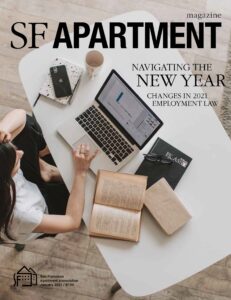
In 1979, San Francisco enacted an emergency ordinance to address “a shortage of decent, safe and sanitary housing in the City and County of San Francisco resulting in a critically low vacancy factor”. It extended rent control and eviction protections to all units constructed before its effective date, June 13, 1979.
For over a decade, San Francisco retained the ability to amend the ordinance via the same police power it used to enact the law in the first place. However, in 1995, California enacted the Costa-Hawkins Rental Housing Act, which permanently decontrolled units that had “already been exempt from the residential rent control ordinance of a public entity on or before February 1, 1995, pursuant to a local exemption for newly constructed units”.
In other words, prior to Costa-Hawkins residential rental units built after June 13, 1979 were already exempt under the San Francisco Rent Ordinance, which defined “rental unit” to exclude “rental units located in a structure for which a certificate of occupancy was first issued after the effective date of this ordinance”. Following Costa-Hawkins, San Francisco could no longer change this.
Until 2020, there was no statewide eviction control, and San Francisco had always been free to limit (or eliminate) the new construction date for its just cause eviction controls. Effective January 1, 2020, AB 1482 created an additional requirement that a city must make a “binding finding within their local ordinance that the ordinance is more protective than the provisions of this section”.
Effective January 19, 2020, San Francisco Ordinance 296-19 makes such a finding in deleting the local exemption for new construction. San Francisco will no longer exclude from the definition of “rental unit” units built after June 13, 1979. While these units will remain exempt from its price controls, the Rent Ordinance’s eviction controls will now require “just cause” to terminate the tenancy of any San Francisco residential rental unit.
The text of Ordinance 296-19 is available here.









